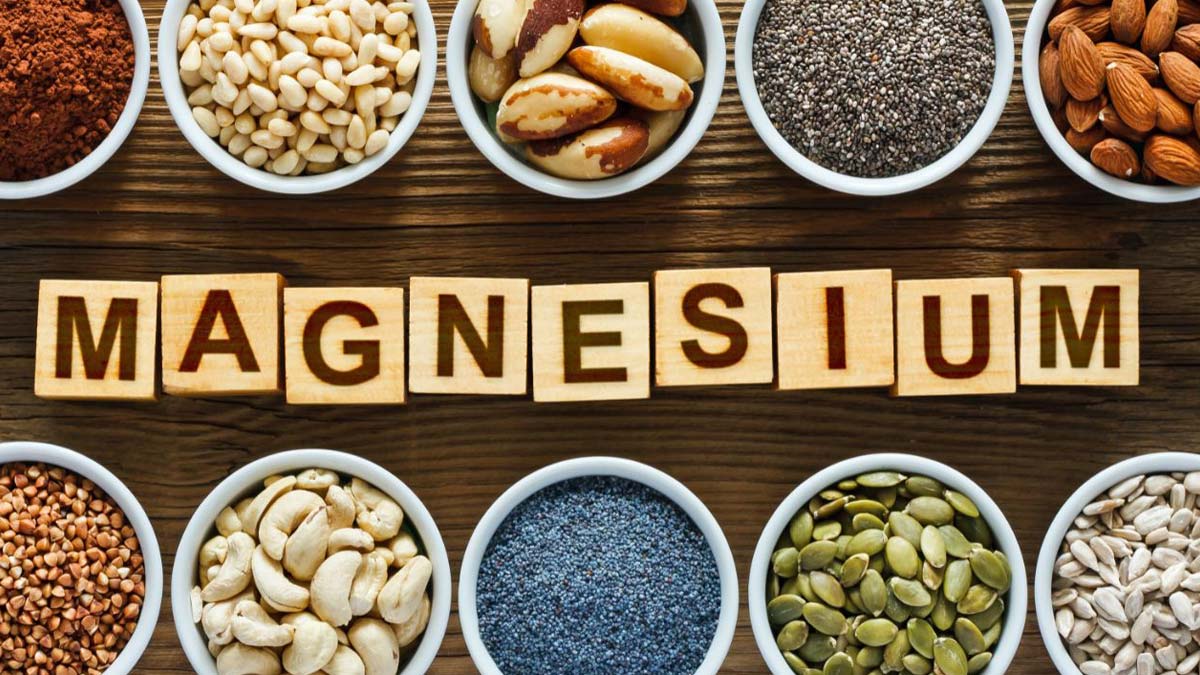Magnesium is an essential mineral necessary for the human body’s proper functioning. It can help with healthy bones, muscles, and blood pressure. It is present throughout your body. Every cell in your body contains this mineral and needs it to function.
It can also maintain adequate levels of other vital minerals such as calcium, potassium, and zinc.
The problem is most people don’t get enough magnesium. In addition, there are some best foods for magnesium that can help you treat its deficiency.
Yet, they can quickly meet their daily magnesium requirements by eating foods high in magnesium.
Low magnesium levels usually don’t cause symptoms. However, chronically low levels can increase the risk of high blood pressure, heart disease, type 2 diabetes, and osteoporosis.
Thus, ensuring that you have enough magnesium in your body is crucial.
Here are the ten best foods for magnesium that can effectively enhance your overall health
1. Avocados
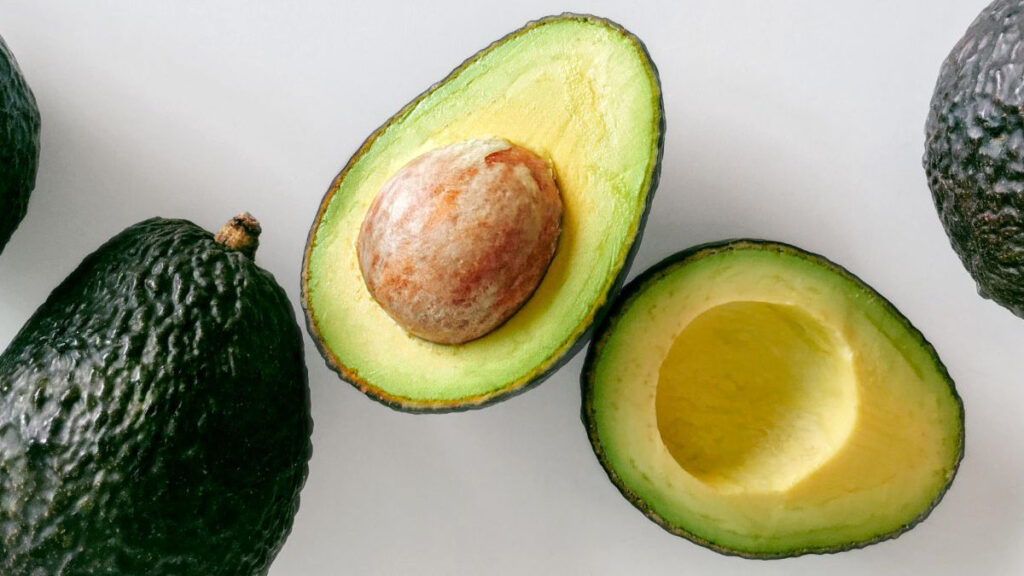
Avocados are one of the best foods for magnesium. It is a nutrition-dense fruit which is rich in magnesium. In addition, this super fruit is also high in other essential nutrients such as potassium, B vitamins, and vitamin K.
Moreover, unlike most fruits, avocados are high in fat — especially heart-healthy monounsaturated fat.
Various studies have shown that eating avocados can help treat magnesium deficiency and improve an individual’s overall health.
Researchers also found that avocados can reduce inflammation, improve cholesterol levels and increase feelings of fullness after meals.
2. Chia seeds
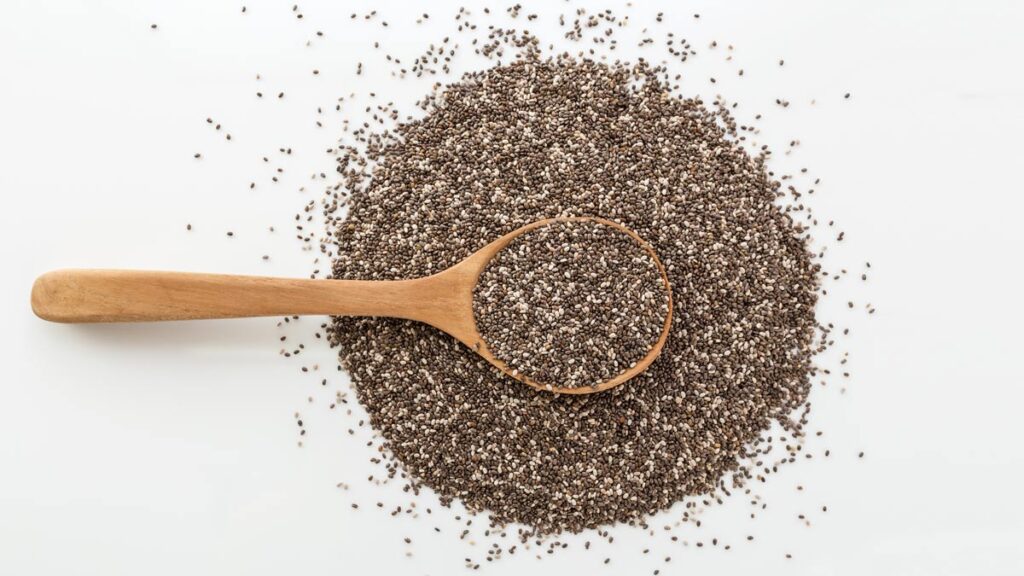
Chia seeds are also a superfood, a good source of protein, calcium, fibre, antioxidants, and omega-3 fatty acids.
Studies suggested that one ounce of chia seeds has 111 milligrams of magnesium, for 26% of the DV. Therefore, anyone suffering from magnesium deficiency can choose chia seeds.
In addition, chia seeds are effective in promoting weight loss, but that claim is unproven.
What’s else?
Add chia seeds to your list of the best foods for magnesium.
3. Dark Chocolate

Dark chocolate is a healthy as well as delicious food that is rich in magnesium. It is also a part of the best foods for magnesium.
Studies found that a 1-ounce (28-gram) serving contains 64 mg of magnesium, and one square of dark chocolate is rich in antioxidants suitable for boosting heart health.
It is also a rich source of fibre, loaded with iron, zinc, copper, and other minerals.
Hence, dark chocolate is a great choice for magnesium deficiency — especially in children.
4. Spinach
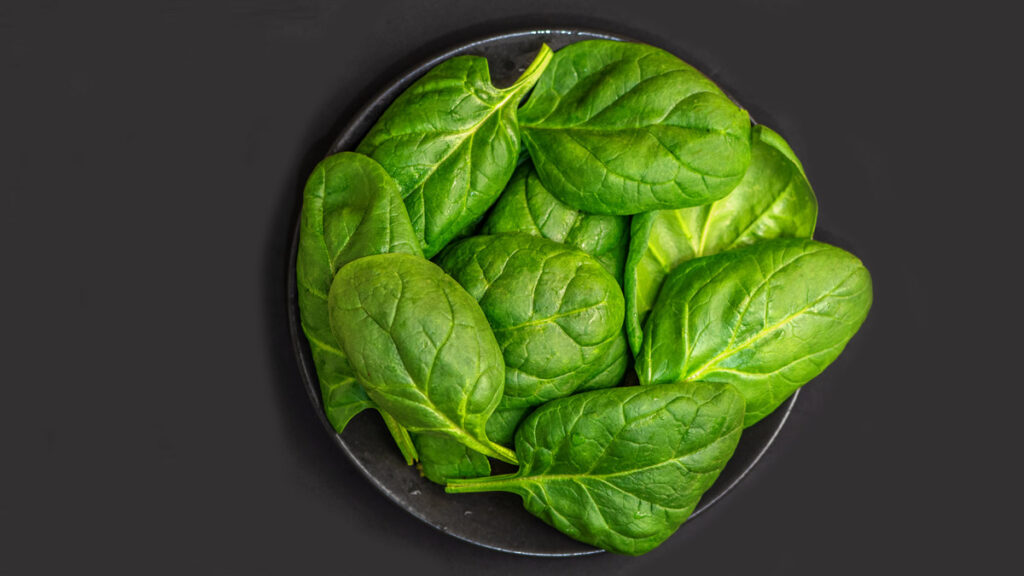
Spinach is another popular veggie on the list of best foods for magnesium. It is chock-full of all kinds of essential minerals, including magnesium.
Researchers found one-half cup of spinach contains 78 milligrams of magnesium for 19% of the DV. When you eat spinach, you get significant anti-inflammatory benefits.
In addition, cooked spinach is rich in calcium, potassium, zinc, iron, and vitamins A and K.
5. Almonds
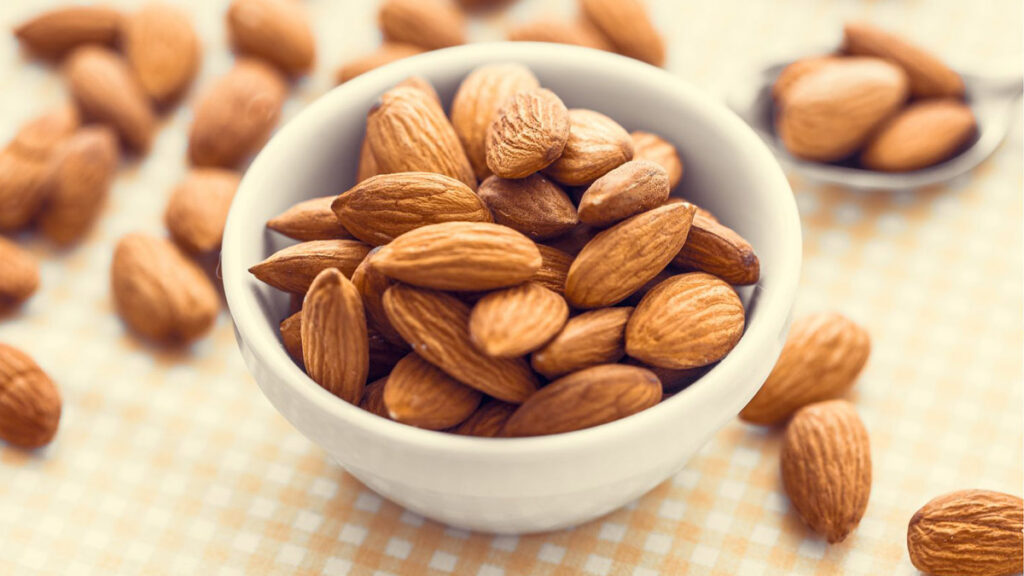
Almonds are a great source of several essential minerals, including magnesium.
Studies suggest that one ounce of almonds can provide approximately 80 milligrams of magnesium for 19% of the DV. Plus, you’ll get all the other great health benefits from eating nuts.
In addition, it is an excellent source of niacin, vitamin E, and healthy monounsaturated fats.
Therefore, adding almonds to your daily menu will be a wise decision to have a healthy future.
Therefore, we can conclude that almonds are one of the best foods for magnesium.
6. Edamame
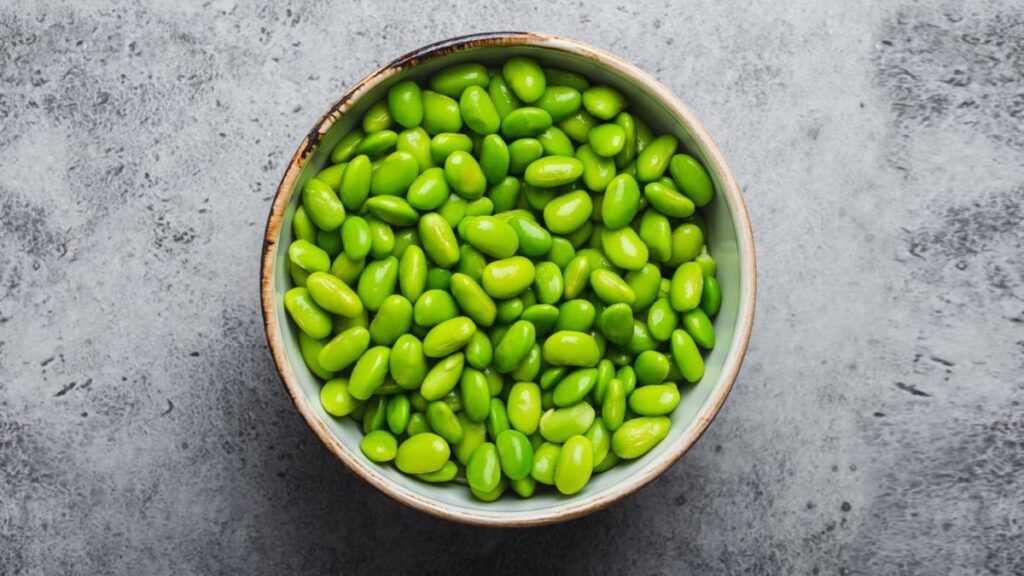
Edamame is young soybeans, an excellent source of magnesium and other nutrients. It is also well-known as one of the best foods for magnesium.
So, if you’re looking for a good source of magnesium in calories, you can go for edamame. It is because a half-cup of young green soybeans is proven to have 50 milligrams of magnesium for 12% of the DV. You will also get 6 grams of protein and fibre to fill you up, all for just 65 calories.
What’s more? Add edamame to your menu today!
7. Tofu
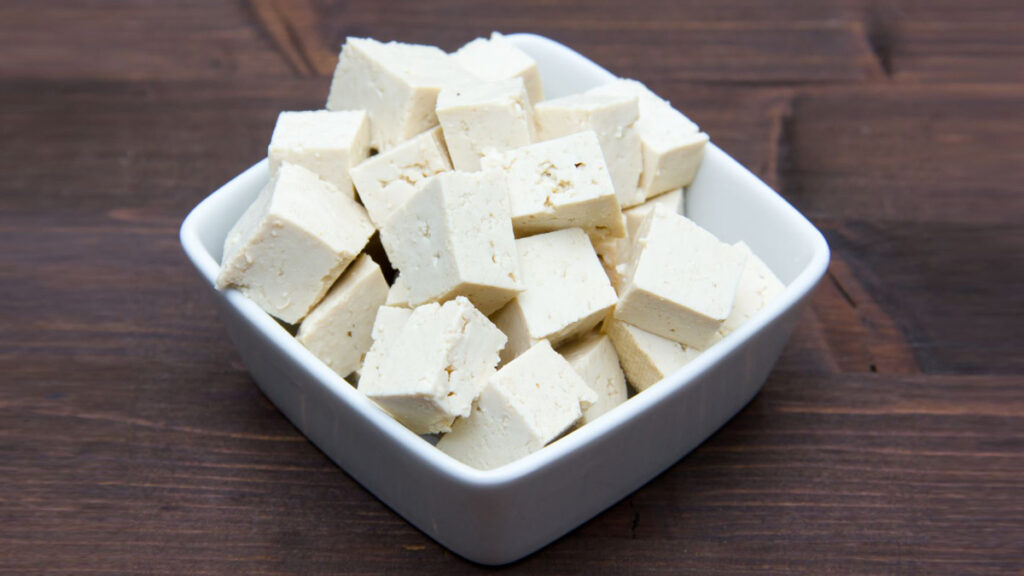
Tofu is an excellent meat substitute. It is a soy product, a bean curd made by pressing soybean milk into curd.
Studies found that a serving of 100 grams of tofu can deliver 53 milligrams of magnesium to an individual, which is 13% of the recommended daily intake.
In addition, the same amount of tofu can provide 10 grams of protein and at least 10% of the RDI for manganese, iron, and selenium.
Tofu is also among the best foods that are high in calcium content.
So, if you are a vegetarian or just looking for plant-based best foods for magnesium, tofu will be an excellent choice.
8. Bananas
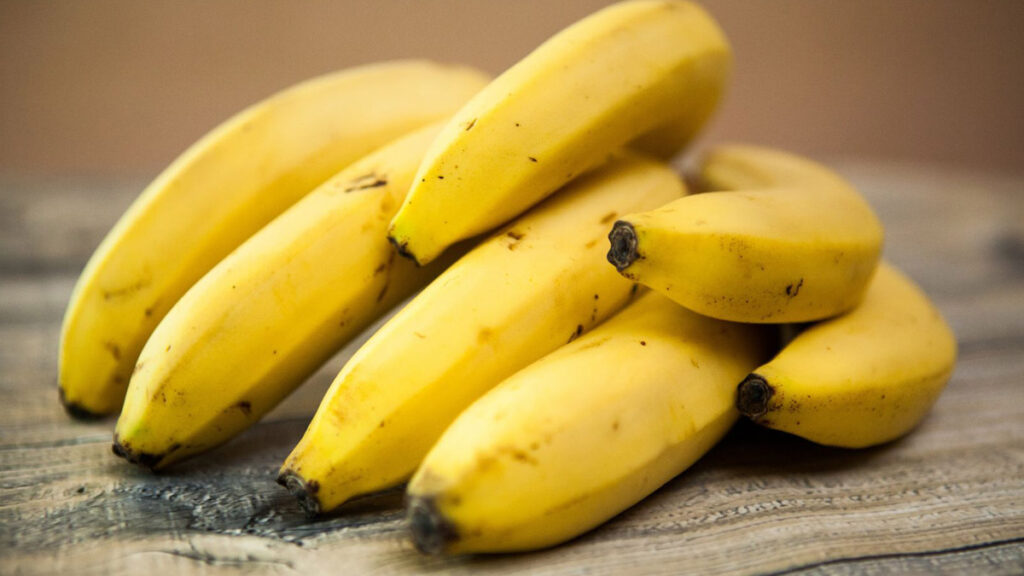
Well known as a great source of potassium, bananas are considered a great choice to reduce the risk of heart disease, lower blood pressure, etc.
At the same time, they are also rich in magnesium. Researchers found that one large banana contains about 37 milligrams of magnesium, 9% of the recommended daily intake.
Moreover, they are rich in vitamin C, manganese, fibre, and vitamin B6. Therefore, bananas are a nutritionally rich and highly convenient fruit to be consumed.
9. Black Beans
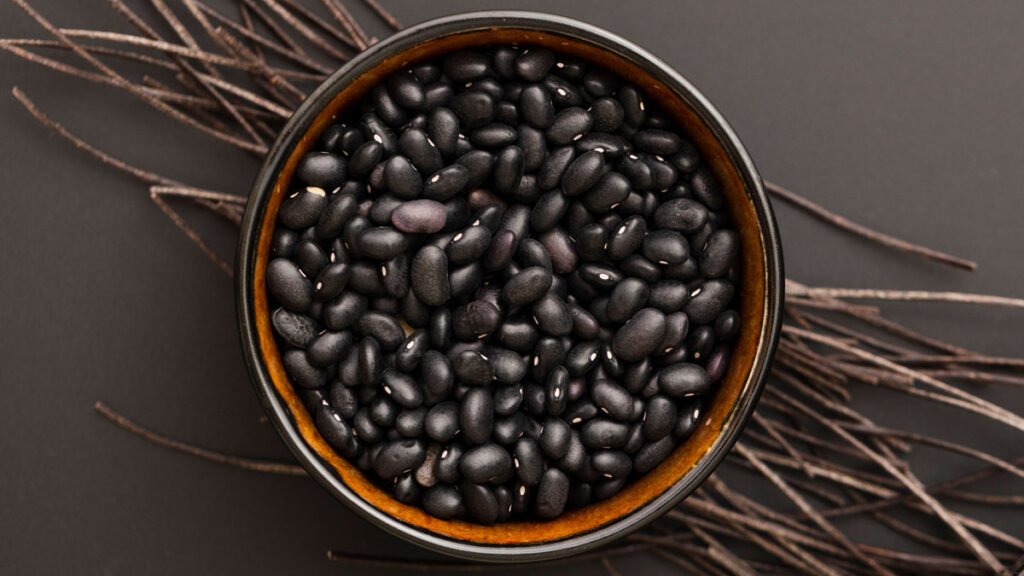
Black beans are yet another among the list of best foods for magnesium, which is rich in most dietary minerals, including magnesium. They contain 60 milligrams of magnesium for 14% of the DV.
As mentioned above, they are rich in dietary minerals such as protein, fibre, vitamins, minerals, and antioxidants. They also digest slowly, so you feel full longer.
10. Quinoa
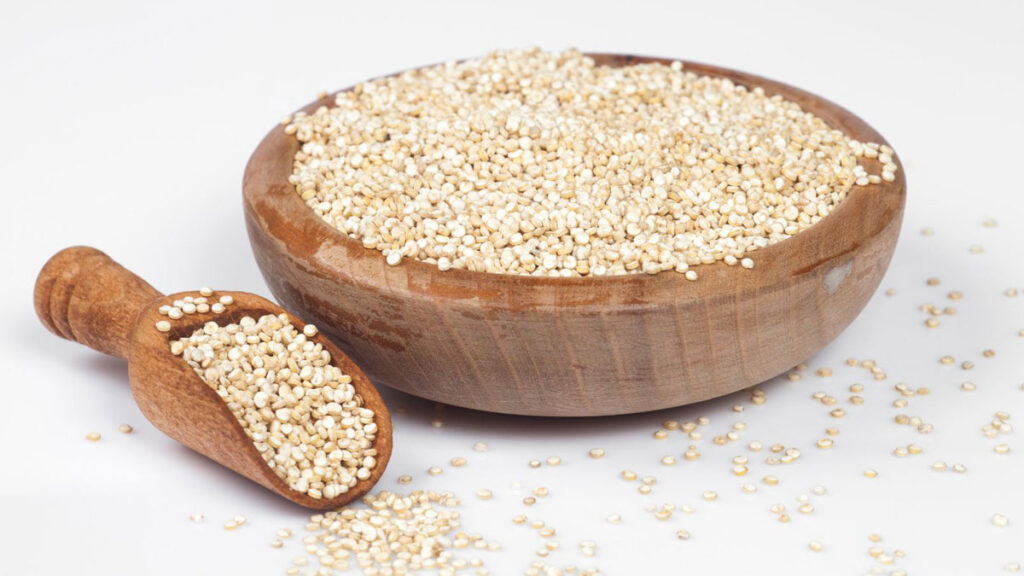
Quinoa is an edible seed, a good source of magnesium, folate, zinc, and iron.
Studies suggest that regular quinoa consumption can help you meet your needs for magnesium, that’s especially necessary during pregnancy due to its role in fetal growth and development. As per studies, one cup of cooked quinoa contains 118 mg of magnesium.
It’s also rich in fibre and protein. So, it can play an important role in helping you feel full when you’re on a diet.
That’s why experts recommend quinoa as one of the best foods for magnesium.
Bottom Line
Magnesium is an essential mineral that our body requires to function well. For instance, our heart, muscles, and kidneys all need magnesium to work properly. It also helps build teeth and bones.
Some health conditions can lead to magnesium deficiencies, including:
- gastrointestinal diseases like irritable bowel syndrome, Crohn’s disease, and celiac disease
- diabetes
- kidney disease
- stomach viruses that cause vomiting and diarrhoea
Drinking too much alcohol or caffeine can also affect your magnesium levels.
Magnesium is found naturally in various foods.
The consumption of magnesium-rich foods can guarantee you more nutritional bang for your buck. To be clear, when you eat magnesium-rich foods, you’re not just getting magnesium but also getting so many fantastic nutrients, such as vitamins, other minerals, and phytonutrients – together, they will improve your overall health.
The ten foods mentioned above are some of the best natural sources of magnesium. Try incorporating more of those best foods for magnesium into your diet to boost magnesium.

